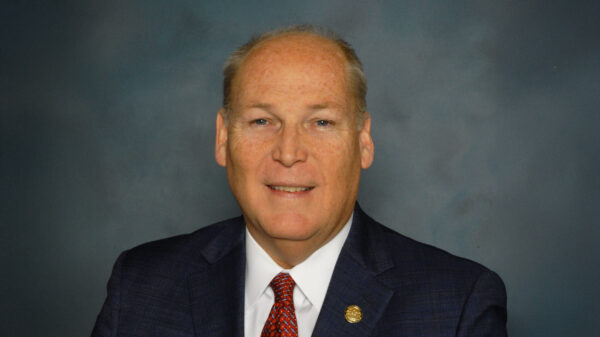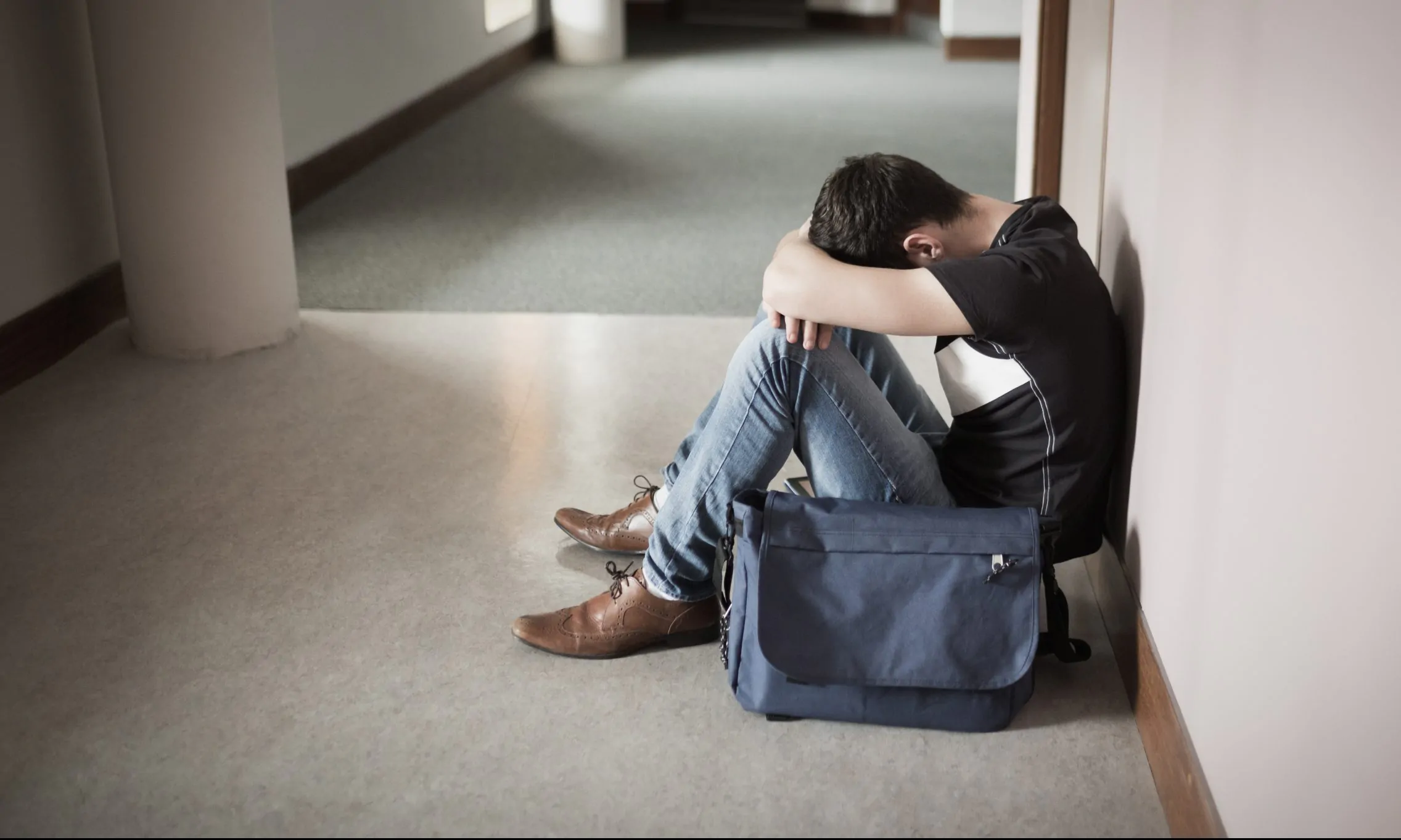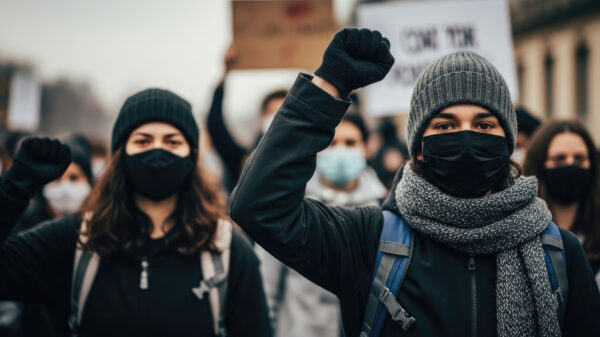The COVID-19 pandemic is producing elevated levels of just about every category of major life stressors, from anxiety and depression to catastrophic grief. The layers of prolonged stress apply across demographics but are particularly acute for college-age adults.
Younger adults, college students and recent college graduates, while not in the age group at highest risk of death or serious illness from the health effects of COVID-19, are struggling to stay positive about their prospects and are at high risk for suicidal thoughts, according to Angela Stowe, director of student counseling services at the University of Alabama at Birmingham.
“We are seeing students who are struggling to find hope and are experiencing a great deal of loneliness, isolation, despair and lack of ability to figure out how to get themselves to be able to see a hopeful future in the midst of so much they cannot control,” Stowe said.
People between the ages of 18 and 24 are at significantly higher risk of experiencing suicidal ideations than other age brackets, the CDC has consistently shown.
The virus has disrupted the lives of students in a litany of ways that compound the already stressful pressures of trying to get find a job or decide on a career. Particularly common since the pandemic was declared in March have been feelings of grief and loss and a range of family issues, Stowe said.
Students are dealing with moving back home, having relatives who are sick or who have died, and being caregivers for family members who they aren’t used to caring for, including children, parents and grandparents.
Many are coping with the trauma of job loss and not being able to meet basic needs like food and housing, facing barriers to health care and experiencing drastic changes to life circumstances, Stowe said.
Societal events beyond the virus are also taking a toll.
“We do have to remember that while we are in the pandemic, we have also been through a historic election season and also have experienced a number of traumatic and stressful events around racism and racial injustice,” Stowe said.
It all adds up and contributes to burnout and reduced motivation as the pandemic drags on, she said. While fear and anxiety were initially prevalent, depression is setting in for many at this stage.
Stowe said that her office is being vigilant about responding to people who reach out for help and has been working to equip staff, faculty, students and anyone else with the skills to recognize the signs that a person is suffering mentally and to intervene. A conversation can save someone’s life, she said.
“But also just let them know you care and they are not alone,” she said.
For people experiencing mental health challenges, there are traditional counseling resources available as well as community agencies that offer counseling to individuals and families for free or at a reduced cost. Many jobs provide employee assistance programs that offer counseling support.
In general, though, there aren’t enough resources to meet the level of need, Stowe said.
“Psychiatric services are most definitely a shortage in our state and many people have to wait weeks or even months for an evaluation. Counseling and therapy services may be available, but resources for those with inadequate insurance can be difficult to access because those programs and agencies are already at capacity,” she said.
[visual-link-preview encoded=”eyJ0eXBlIjoiZXh0ZXJuYWwiLCJwb3N0IjowLCJwb3N0X2xhYmVsIjoiIiwidXJsIjoiaHR0cHM6Ly9hZnNwLm9yZy9zdWljaWRlLXByZXZlbnRpb24tcmVzb3VyY2VzIiwiaW1hZ2VfaWQiOi0xLCJpbWFnZV91cmwiOiJodHRwczovL3d3dy5kYXRvY21zLWFzc2V0cy5jb20vMTI4MTAvMTU3ODI1NDYyNS1pc3RvY2swMDAwNzk5OTU1ODlsYXJnZS5qcGc/dz0xMDAwJmZpdD1tYXgmZm09anBnIiwidGl0bGUiOiJFZGl0b3IncyBub3RlOiBTdWljaWRlIHByZXZlbnRpb24gcmVzb3VyY2VzIiwic3VtbWFyeSI6IklmIHlvdSBvciBzb21lb25lIHlvdSBrbm93IGFyZSBleHBlcmllbmNpbmcgZGVwcmVzc2lvbiBvciBzdWljaWRhbCB0aG91Z2h0cywgeW91IGNhbiBmaW5kIHJlc291cmNlcyBoZXJlLiIsInRlbXBsYXRlIjoidXNlX2RlZmF1bHRfZnJvbV9zZXR0aW5ncyJ9″]
Many mental health providers are using only telehealth platforms, which may increase access for those with internet access and compatible devices but limits access for those without these things. This puts people in rural areas and those living in the highest levels of poverty at a severe disadvantage for accessing services.
Despite the daunting nature of mounting mental health issues, Stowe said she is encouraged by the resiliency she is seeing people demonstrate.
It is more important than ever that people learn how to support and care for each other, she said.
“There is much that can be done to help prevent severe mental health issues by checking in on each other, knowing signs and symptoms to be aware of and knowing how to talk to someone you may be worried about,” Stowe said.


















































